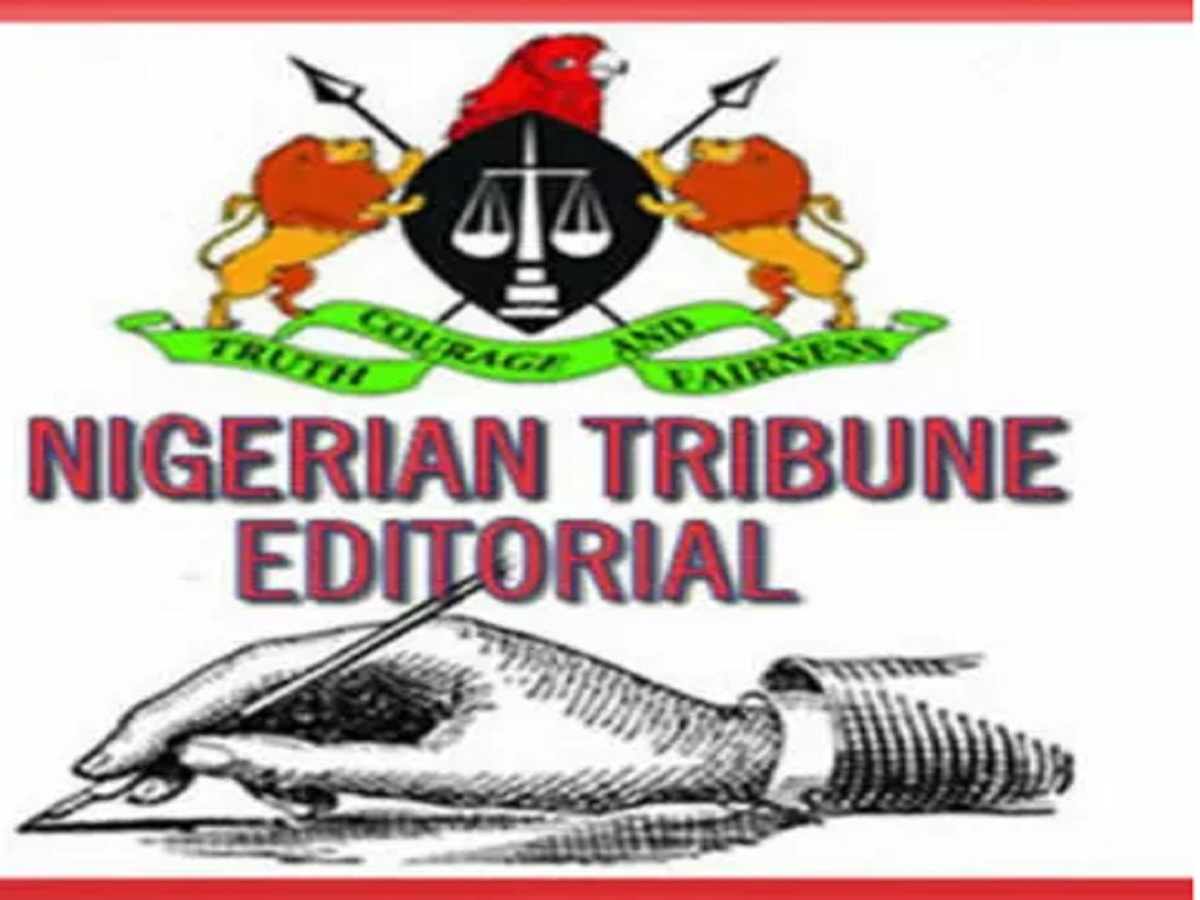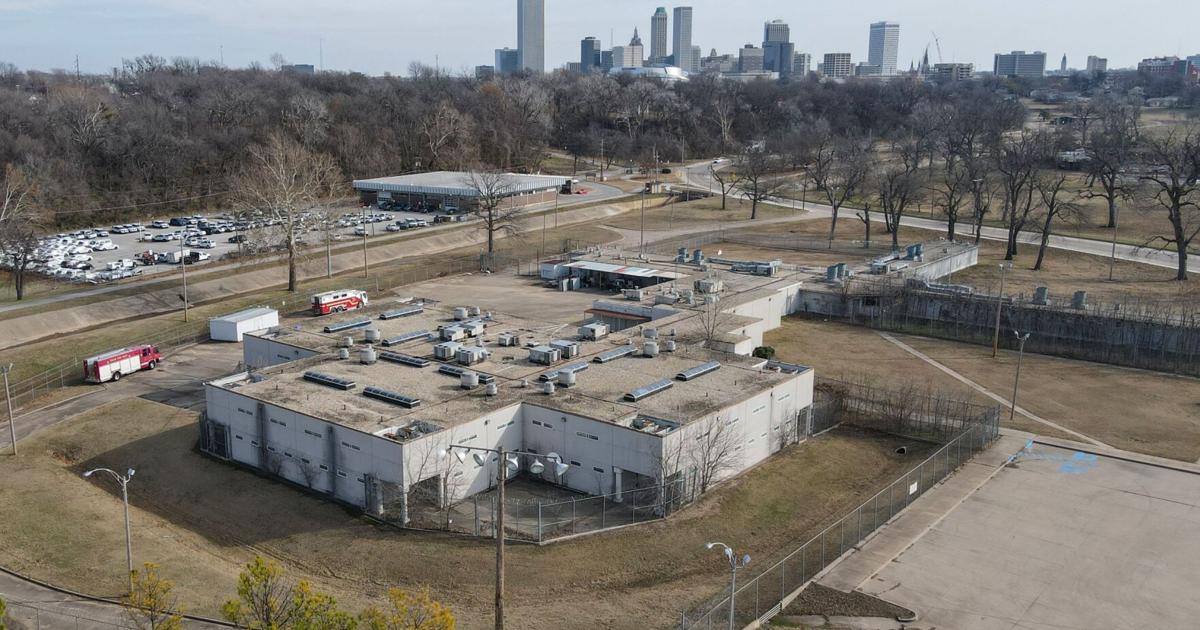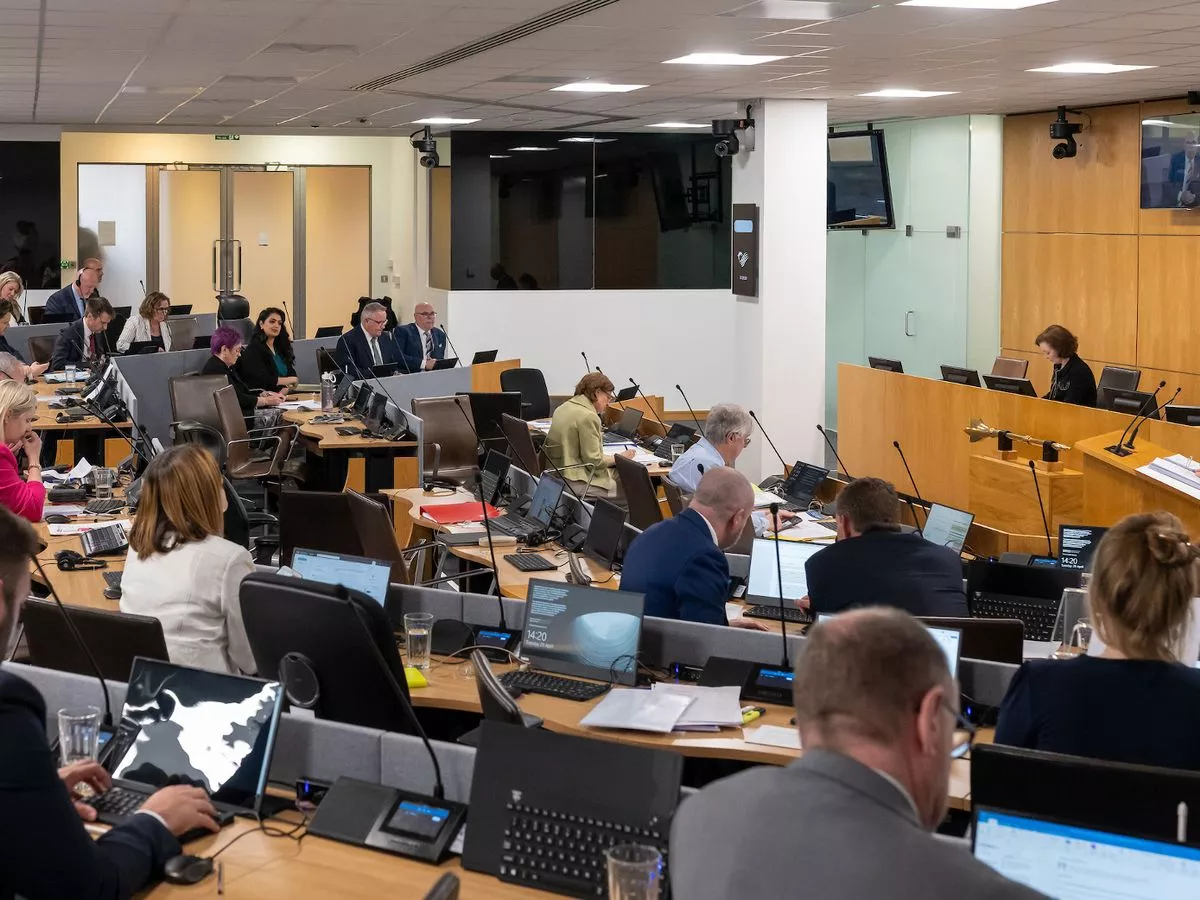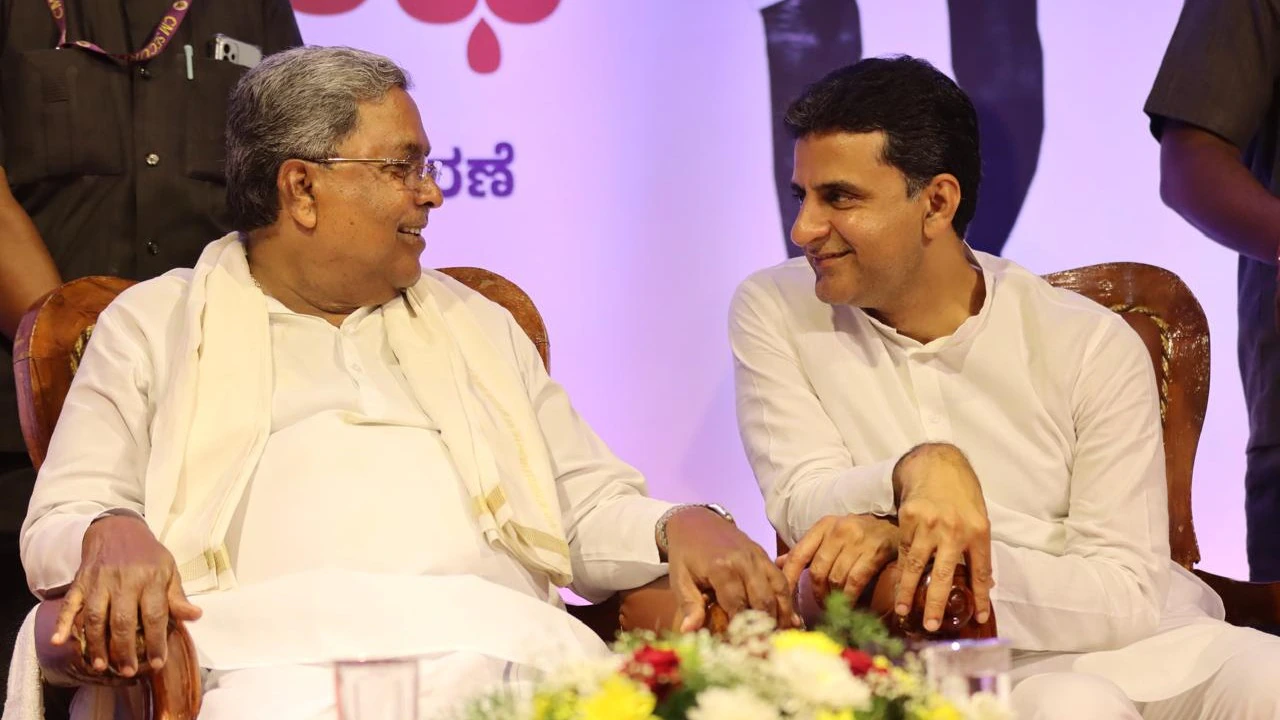By Tribune Editorial Board
Copyright tribuneonlineng

TODAY, at least in political circles, Nigeria is ensconced in song and drum. It is 65 years since the founding fathers and mothers of Nigeria lowered the Union Jack, brimming with optimism that self-rule would usher in a country that Black people the world over would be proud of. Nigeria entered into the First Republic with hope and confidence, ruled by patriots who, even though they had their own fair share of human foibles, were all fairly united in their vision for a country that would hold its own among the comity of nations.
As we observed exactly one year ago, Nigeria, Africa’s most populous country, has in the last six decades weathered a lot of storms to be one of the world’s most remarkable, even notorious, countries. We noted that globally, Nigerians rule every sphere of life, from the economy to religion, sports and entertainment; that the Nigerian military and the police have made remarkable strides across the African continent and on the global stage; and that Nigerian cuisine is fast gaining the trust of people around the world, from Europe to America, and Asia. We added, however, that Nigeria’s leadership problem remains at the core of its troubles. Really, the tragedy of the Nigerian condition is that if you change the date of our October 1, 2024 comment to today’s date and publicise it, anyone who did not read that editorial would think that it was published today. Nigeria’s case is like that of the proverbial passenger in a vehicle (in the epochal song by the juju maestro, King Sunny Ade) who does not know where the driver is conveying him to, whether forward or backwards.
The newspapers today are naturally replete with the good wishes and achievements of officialdom: politicians never pass up an opportunity to blow their trumpet. They also never fail to sermonise on how to make Nigeria better, usually pointing attention to what the long-suffering populace need to do, not what they who criminally manage an abundantly blessed country need to do. It is a wonderful formula: lecture the same people you daily oppress. As Nigeria turns 65 today, we do not dispute the fact that the government, from federal to state, has something to celebrate. Road projects, some of them massive, are ongoing, and so are various poverty alleviation programmes, not to mention programmes in the education, health, tourism, agriculture, and sports sectors, among others. But as we noted last year, only the rulers are happy with Nigeria’s current state: the masses of Nigerians remain wrapped up in despondency and despair, trapped in appallingly horrendous living conditions that are hardly ever addressed by the feeble efforts of officialdom. It can be no cheering news that Nigeria is home to the world’s poorest, and is the global capital of out-of-school children, open defecation, and worst electricity access.
Beyond lamenting the failures of the ruling class, we aim at the higher responsibility of suggesting a pathway forward; a pathway which is not perfect, yet holds enormous promise. Across the land, citizens unencumbered by the traps of politics have proposed solutions to Nigeria’s various problems, and those solutions are rooted in the restructuring of the polity. The government is in possession of the report of the 2014 National Conference but has not acted upon it in its customary lethargy and lack of interest in things profound. We ask that it dusts off that report and take appropriate steps to implement it. Beyond that, it would be doing the country and posterity a whole lot of good by taking a hard, constructive look at the resolution of the end of the National Summit on the Future of Nigeria’s Constitutional Democracy held from 16th to 17th July, 2025 at the Federal Capital Territory, Abuja, by a group of eminent Nigerians called The Patriots, in collaboration with the Nigerian Political Summit Group (NPSG).
The conference attended by civil society groups, women, the academia, ethnic nationalities, Nigerians in Diaspora, professional groups, faith-based organisations, traditional rulers, religious leaders, youth groups, market men/women, security experts, student leaders, the private sector and persons with special needs across the country noted the inherent flaws in the existing constitutional frameworks. Those flaws manifest in the decline into a unitary system, poor leadership and weak delivery of governance arising from weak political structures and institutions; declining sense of citizenship and patriotism; an increasing multi-dimensional poverty and inequality that threaten peace, unity and development; widespread fear, anxiety and an increasing feeling of hopelessness; acute corruption and lack of accountability/transparency; insecurity across regions; sectional, ethnic, and religious conflicts with various dimensions and scope that have further weakened national unity and mutual distrust; poor infrastructure; poor management of the economy manifesting in disconnection from human capital development as well as environment mismanagement; and poor adaptation strategy resulting in increasing vulnerability of Nigeria and Nigerians to climate change.
The recommendations of the summit include a new, people-driven, inclusive, democratic Constitution anchored on ‘true federalism.’ The President is urged to introduce an Executive Bill to the National Assembly to empower the Independent National Electoral Commission (INEC) to organise elections to a national Constituent Assembly comprising delegates elected on non-partisan basis as well as representatives of special interest groups. The objective is a constitution that will return Nigeria to a truly federal system of government where the federating units will enjoy their autonomy as obtained in the First Republic and other genuine democracies of the world. According to the summit, the current presidential system is too expensive, prone to abuse, constitutes a hindrance to people’s welfare and a major threat to the future of democracy in Nigeria. It also recommends that the present six geopolitical zones should be restructured in such a way as to ensure a truly federal system of government. It recommends the devolution of powers from the centre to the federating units, agrees that a two-chamber federal legislature is unsustainably expensive for Nigeria, and recommends a more appropriate cost-effective system. It recommends that each federating unit should have its court hierarchy up to the Court of Appeal, thereby leaving the Federal Supreme Court to deal with heavy constitutional matters like interstate disputes, and disputes between the federal and subnational governments.
ALSO READ: REVEALED: PENGASSAN strike: Motorists groan as fuel queues resurface in Abuja
In addition, it recommends that the office of the Attorney-General of the Federation and that of the Minister of Justice as well as the office of Attorney-General and Commissioner for Justice at the state level should be separated to enable the appointment of non-politically partisan Attorneys-General; that all elections be conducted in a single day, that an amendment be made to the Electoral Act and the relevant sections of the 1999 Constitution (as amended) for Bimodal Voter Accreditation System (BVAS), and that electronic transmission of results in real time be made mandatory. It asks that the new Constitution should include provisions for independent candidacy, and that once a person is elected on the platform of a political party, he or she shall not defect to another political party till the tenure is over.
We believe that these recommendations provide a profitable pathway forward. Reworking Nigeria will make all Nigerians happy. The government should implement the recommendations to make Nigeria better at 66, and thereafter.



